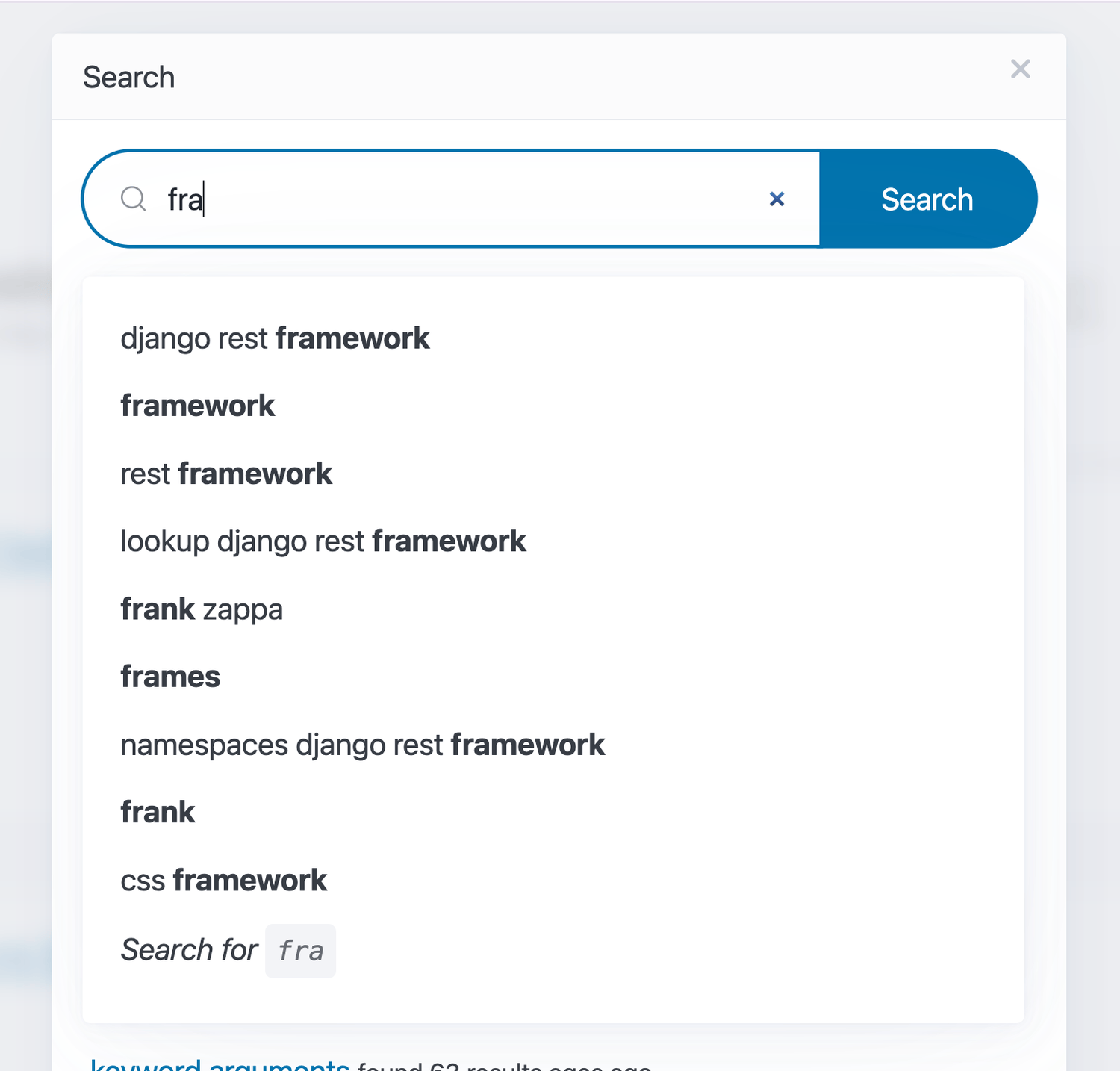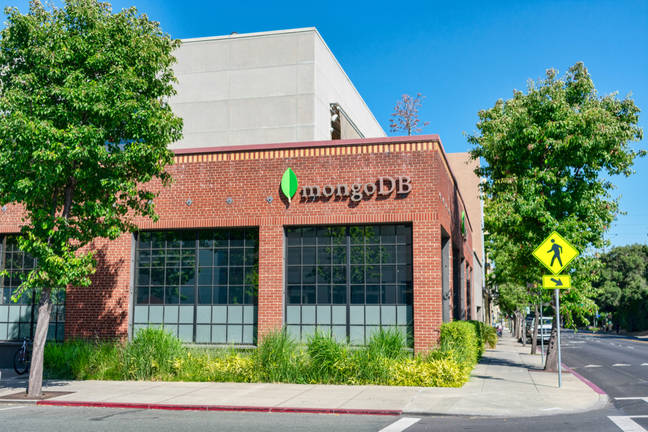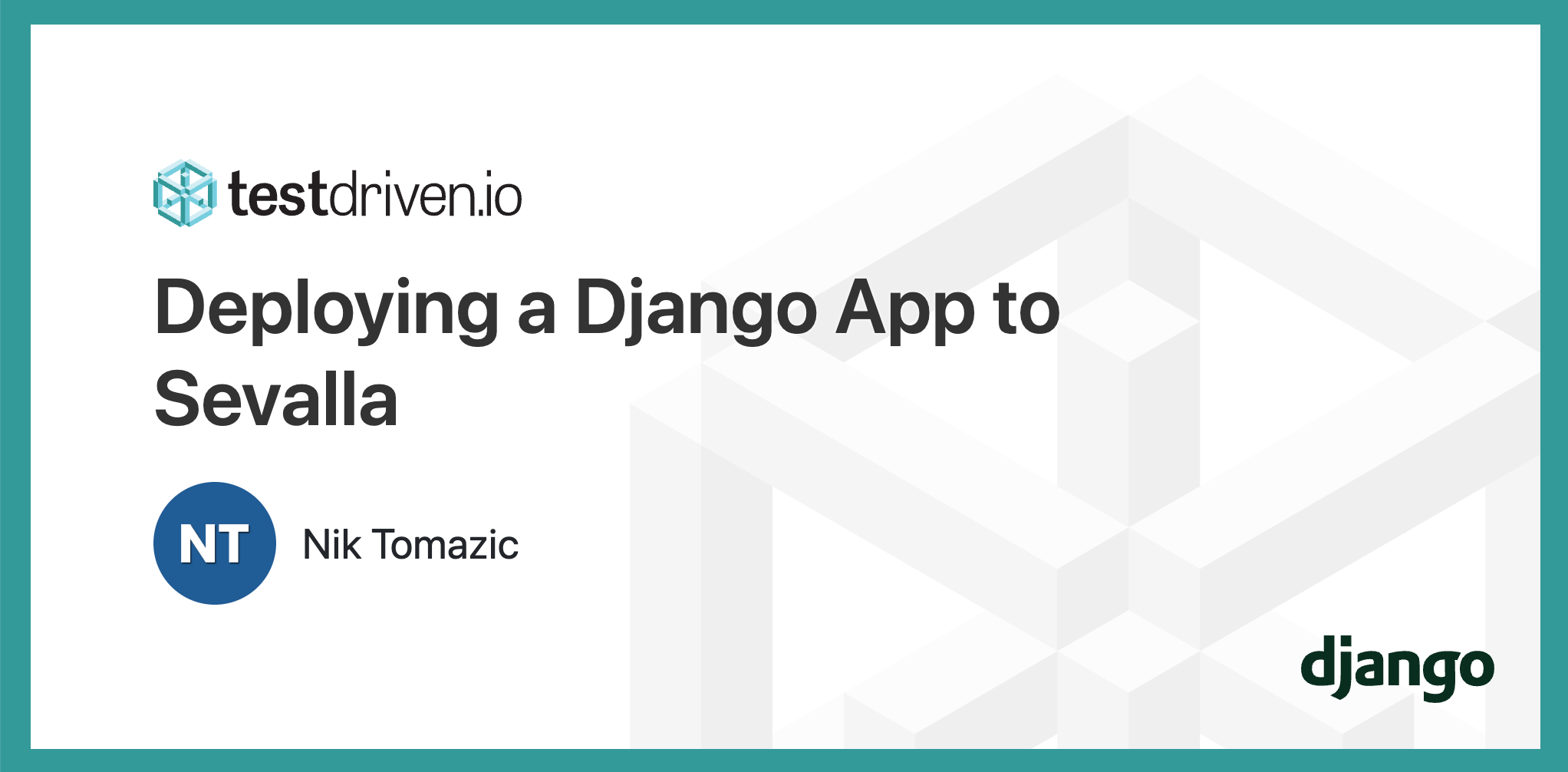#postgresql
#postgresql
[ follow ]
#open-source #documentdb #mysql #databricks #ai-data-cloud #pg_lake #apache-iceberg #django-orm #database-migration
fromInfoQ
2 months agoNetflix Migrates to Amazon Aurora: 75% Performance Boost and 28% Cost Reduction
Netflix has completed a major consolidation of its relational database infrastructure onto Amazon Aurora, reporting performance improvements of up to 75% and a 28% reduction in costs. The streaming giant's move from self-managed PostgreSQL on EC2 to the managed Aurora service highlights a broader industry trend toward offloading operational overhead to cloud-native database platforms. Facing challenges with a fragmented database landscape, Netflix's Online Data Stores (ODS) team struggled with the operational toil of managing deployed custom binaries, patching, and manual scaling.
Software development
fromhttps://daniel.feldroy.com
4 months agoUsing Asyncpg with FastAPI and Air
Asyncpg is the connector for PostgreSQL and asyncio-flavored Python. Here's how to use it without other libraries on FastAPI and Air projects. Recently I've been on a few projects using PostgreSQL where SQLAlchemy and SQLModel felt like overkill. Instead of using those libraries I leaned on writing SQL queries and running those directly in [asyncpg](https://pypi.org/project/asyncpg/) instead of using an ORM powered by asyncpg. Here's how I got it to work
Python
fromTechzine Global
6 months agoMicrosoft donates DocumentDB to Linux Foundation
Under the MIT license, developers get maximum freedom in using DocumentDB. They can choose between PostgreSQL interfaces for stronger JSON support or MongoDB compatibility for existing expertise. "We are committed to 100% compatibility with MongoDB drivers," Microsoft emphasizes. This developer-first mentality is also reflected in the simple implementation. It takes less than a minute to get DocumentDB up and running. Contributing to the project takes even less time, which keeps the barrier to entry low.
Software development
fromInfoQ
6 months agoInstacart Consolidates Search Infrastructure on Postgresql, Phasing Out Elasticsearch
A key part of the redesign was improving how results are retrieved. Traditional keyword search excels at matching exact product attributes, for example, a query like "pesto pasta sauce 8oz" benefits from precise lexical matching. But broader intent-driven queries, such as "healthy foods", are better handled through semantic retrieval, which understands relationships between terms and concepts. By combining both approaches in Postgres, Instacart can balance precision (returning only relevant results) with recall (capturing as many relevant items as possible), ensuring that customers see both the exact products they're looking for and meaningful options for discovery.
E-Commerce
fromTechCrunch
7 months agoParadeDB takes on Elasticsearch as interest in Postgres explodes amid AI boom | TechCrunch
Postgres is becoming the default database of the world, and you still can't do good search over that information, believe it or not. There's just a lot of pain points.
Software development
fromInfoWorld
8 months agoDatabricks Data + AI Summit 2025: Five takeaways for data professionals, developers
The addition of the managed PostgreSQL database to the Data Intelligence platform will allow developers to quickly build and deploy AI agents without having to concurrently scale compute and storage.
Business intelligence
[ Load more ]









